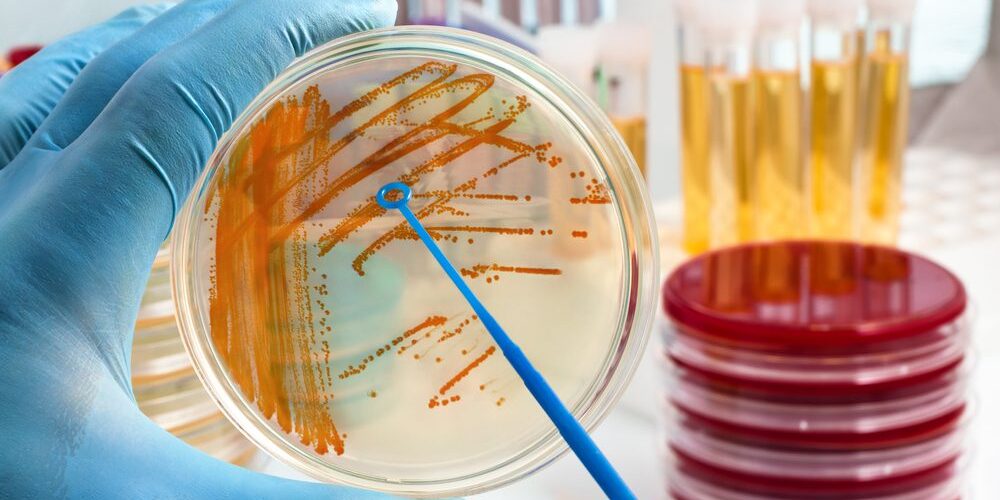What Is A Urine Culture Test?
A urine culture test looks for infection-causing microorganisms (germs) in the urine. Urine is the liquid waste your body makes (pee). Culture is the medical term for growing microorganisms like bacteria and yeast in a lab.
A lab adds substances that help growth to a sample of urine. If there are bacteria or yeast, which is a type of fungus, they start to grow. This growth is a sign that your urinary system is infected.
What Is A Urine Culture Used For?
Urine cultures check for urinary tract infections (UTIs) (UTIs). Bacteria can enter your urethra, the tube that carries urine out of your body. This can cause a UTI. UTIs often start in your bladder (the organ that holds urine). Then, they can spread to your kidneys or prostate, the organs that make urine.
A urine culture test also determines if the infection is caused by bacteria or yeast, so your doctor can choose the best treatment and determine if the bacteria are resistant to antibiotics.
Who Needs To Do A Urine Culture?
Risk factors for getting UTIs include:
- Diabetes
- Having sexual contact often, especially with someone new or if you use spermicides.
- Diseases of the kidneys, such as kidney stones.
- Trouble emptying your bladder, especially if you use a catheter.
- An autoimmune disease, organ transplant, or cancer treatment can weaken the immune system.
What do The Test Results Mean?
For a urine culture, the urine is left out for a few days so that any bacteria can grow. After that, the sample is looked at with a microscope. You will get a positive result if there are signs of bacteria or other living things in your urine. The test will return negative if there aren’t many bacteria or other organisms. The person who does the urine culture will also be able to see or do another test to figure out which organisms are causing the infection.
Most of the time, the results of a urine culture are ready in two to three days. If the result is positive,
your doctor may give you an antibiotic to eliminate the bacteria.


